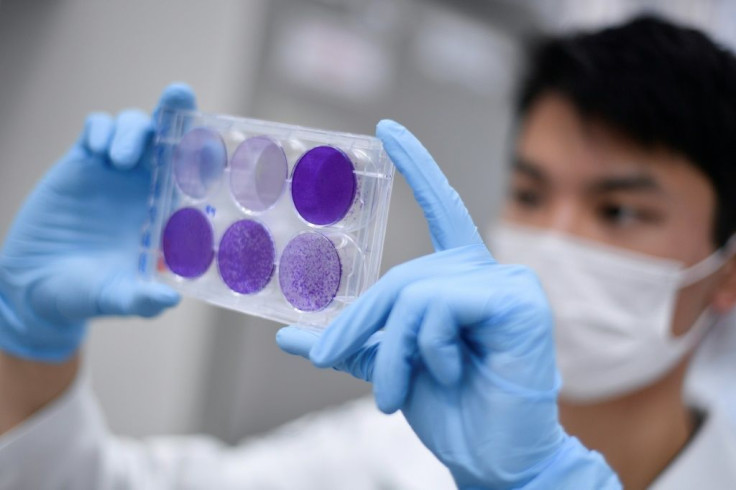Safe Vaccine Development Requires Orderly Process

The world is desperate for a vaccine against the coronavirus. Since the pandemic began in early 2020, at least 35 vaccines have gone to clinical trial worldwide, and 11 of them are in the final stage before approval. Yet we still don’t have a vaccine.
That is not unusual. It takes a long time for a vaccine to be developed, tested and approved. The mumps vaccine took four years to develop, a short span compared to seven years for a polio vaccine and nine for measles. The world was desperate then, too: Before the polio vaccine became available in 1955, the disease struck like clockwork every summer and fall. For example, in 1952, 21,000 people were paralyzed with polio in the U.S.
As for a vaccine against HIV, the wait continues. In 1984, the head of the U.S. Department of Health and Human Services said it would be ready in two years; that is 36 years and counting.
The search for a vaccine against the coronavirus began soon after the pandemic began to spread. The Washington Post reports that 200 vaccines are in development right now. The vast majority are in the pre-clinical stage, meaning scientists are still working in the lab. (In contrast, the Food and Drug Administration (FDA) reports that, at present, 274 types of diagnostic tests have emergency use authorization.)
The vaccine discovery process is normally an orderly affair. It has to be, as the FDA approval process insists on it. Each phase of the review must be completed before the FDA gives the OK for a subsequent phase to start.
However, order is not a hallmark in the quest for a coronavirus vaccine. A phase 1 trial -- which normally is run solely to test drug safety -- can move quickly to a phase 3 trial – which usually only occurs once the dosage and safety results are confirmed. Anthony Fauci, MD, head of the National Institutes of Health’s infectious diseases division, told a U.S. House committee in July that no steps in the approval process would be skipped.
Financial help from their governments has propelled many pharma houses into the hunt for a vaccine. As to the hunters, they include Japan, the U.S., Great Britain, China, Russia, India and even Cuba, the Post reports.
Like good hunters, the pharmaceutical companies aren’t following the same path to success. But all the investigational vaccines have one thing in common: They are trying to get the attention of the body’s immune system.
Some researchers are pursuing vaccines that stop the virus from entering a cell, thereby not allowing it to replicate. Others are pursuing vaccines that work like the measles vaccine, in which a weakened but still live virus kick-starts the body’s immune system to defend against the invader. Still others try to fight the virus from inside the targeted cell, essentially creating a target that will sit on the virus’ surface, so the body’s immune system will know what to destroy.
One factor that did not affect the approval of previous vaccines in the U.S. is the political interplay we see today in Washington.
In 1962, President Kennedy signed the Vaccination Assistance Act, authorizing the CDC to support large immunization campaigns and to begin maintenance programs.
In contrast, the rancor between the White House and government healthcare agencies, namely the CDC and FDA, is growing as the presidential election draws near. For example, just recently, the FDA tightened its rules for application for an emergency use authorization, a move that President Donald Trump referred to as a “political hit job.”
So, will there be a COVID-19 vaccine sooner than later? Time will tell.



























